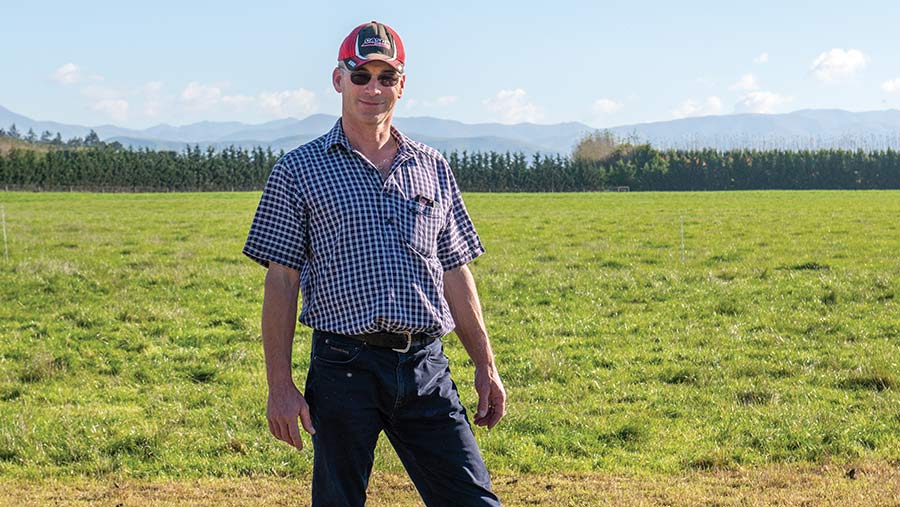Farmer Focus: The western world is living beyond its means
 © Emmily Harmer
© Emmily Harmer Now the harvest is done and the herbage seeds and wheat are planted, we turn our attention here to lamb finishing as a key part of our farm system.
Winter also gives us time for maintenance, development and planning ahead.
We are doing our budget currently and are very cautious of the path ahead and what we should anticipate both income and input costs to be.
See also: How slugs in wheat are being tackled through farm-based research
Large numbers of trading stock mean we need to carefully assess financial costs. Last week, we had notification of a 0.5% rise across all borrowing.
On 24 May, our Central Bank lifted a further 25 basis points which will be passed on, putting our seasonal finance at 2.5 times the recent low point.
To give context, we are very fortunate to carry a relatively low level of debt.
This cost, and its impact on the wider economy and supply chains, is outside of our control.
Our government has just released its budget, which being an election year and the tide going out, is somewhat of a political lolly scramble.
The forecast deficit is now $7.6bn (£3.75bn), up $7bn (£3.46bn) on pre-Christmas forecasts. Core government debt is now forecast to be 300% higher in 2027 than it was in 2017.
This is not unique to this country. Most of the western world is operating on deficits and ever-increasing government debt. Your country is no different.
The US is in an act of political theatre currently raising the debt ceiling. It seems when the Republicans are in power, the Democrats block the debt ceiling increases and threaten to shut down the government machine.
When the song changes and the Democrats set the tango, the Republicans dance to the tune of shutting the show down.
So, it’s got me thinking. We in the western world are living beyond our means, our governments are providing more services than we pay for by way of taxes.
Given that we all can’t just borrow indefinitely, what would life look like in our society if our governments could only spend what they earn?
It’s kind of like how we run a private business so the receivers don’t knock on the door.


